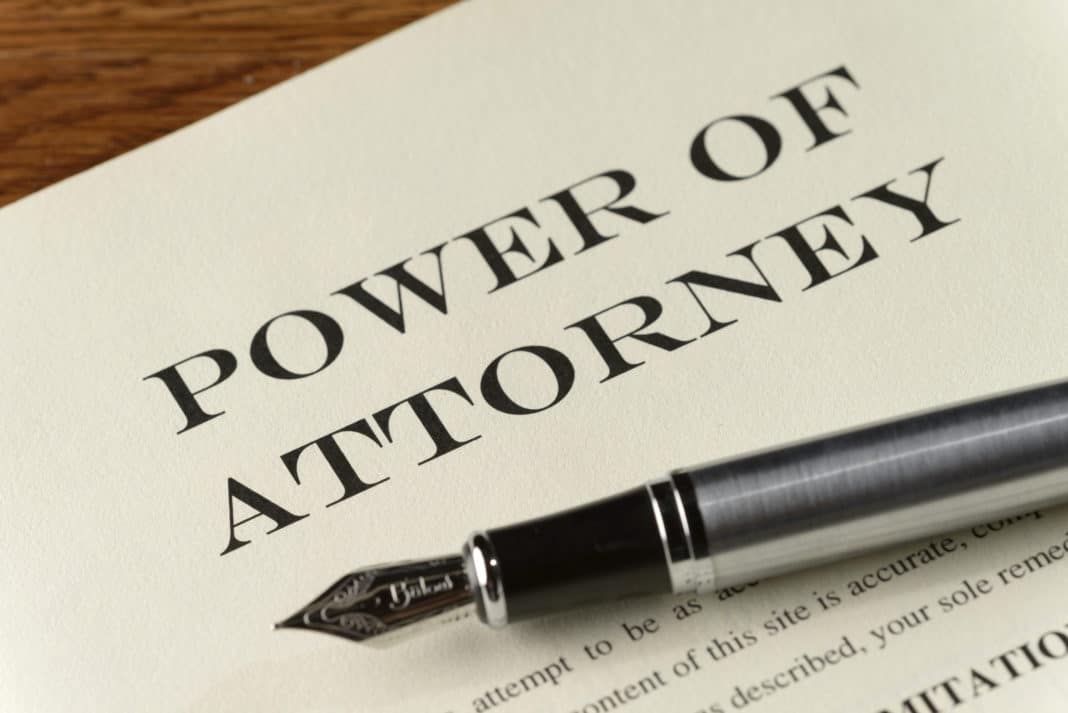
A Lasting Power of Attorney (LPA) is an official form of appointment which is registered with the Office of the Public Guardian when someone wishes to appoint someone else to act on their behalf to take care of financial and/or health and welfare matters.
Although there are other ways to provide someone with the authority to act in your place such a having them be a signatory to your account, the simplest and most official way is to have a LPA in place. The LPA is only recognised in England & Wales, you may require a special Power of Attorney for other jurisdictions.
Whilst it is common for the elderly to have a LPA in place it is advisable, just as Wills, to have this in place earlier to assist in unforeseen circumstances e.g. imagine you are the financial provider for your family and have been involved in an accident leaving you comatose for several weeks. It would be difficult for your family to access your finances to meet financial needs without a registered LPA being in place; imagine the same scenario but that your injuries leave you mentally incapable of making decisions, again without an LPA there is no automatic authority to act on your behalf.
How many types of Lasting Power of Attorney’s are there?
There are two types of Lasting Power of Attorney:
Health and Welfare – This allows an appointed attorney to make decisions about your medical and welfare care arrangements.
Property and Finance – This allows an appointed attorney to make financial decisions, including management of your property, investments, bills payments and income.
There is a different form to complete for each and they both act independent of each other.
If you run a business is it advisable to have a separate Lasting Power of Attorney to cover the specifics of your business.
Who can I appoint to be my attorney?
You can appoint anyone who is an adult and able to act on your behalf. This can be relative, friend or a professional. Some professional charge a fee to act as your attorney which is agreed in advance of the appointment.
Your attorney can be the same person(s) you appoint in your Will to act as your executor or completely different.
LPA appointments should not be taken lightly, consideration should be given to:-
How many attorneys to appoint, if more than one how you want them all to act (jointly or severally);
Whether to appoint replacement attorneys in case the main attorneys are unable or unwilling to act;
Specific instructions they must follow;
Considerations when acting on your behalf;
Each attorney’s personal circumstance i.e. age, ability to act, domicile status, health etc.
A properly thought-out plan to appoint an attorney is key to safeguarding your wealth and care needs and providing detailed guidance for your attorney for when they act.
What if my Attorney dies?
You can make provisions for replacement attorney(s) or make an application for another attorney to act on your behalf. If you have lost capacity, then someone close to you can apply to act under a deputyship which is discussed below.
What if I change my mind?
If you are uncomfortable with your appointed attorney then you can apply to the Court to revoke the appointment.
Can someone else challenge my appointment of attorney?
If someone has genuine concerns about your appointed attorney, they can raise this with the Office of the Public Guardian who will investigate the concerns raised. If the concerns are unfounded then your attorney can continue to act.
What responsibilities will my attorney have?
Your attorney is responsible amongst other things to act in your best interest at all times and to keep a proper set of accounts for the duration they act under a LPA for you.
What if I do not have an LPA in place and I lose mental capacity to appointment an attorney?
For some, it may be too late to go down the Lasting Power of Attorney route. Those who have lost capacity (by dementia, brain injury, Alzheimer etc.) the only way someone else can manage their financial affairs is by way of a deputyship appointment. The process is slightly more complicated than the LPA and costs more by way of Court fees, has limitations and takes longer to process.
Please contact a member of our experienced team to talk through any questions and queries you have.